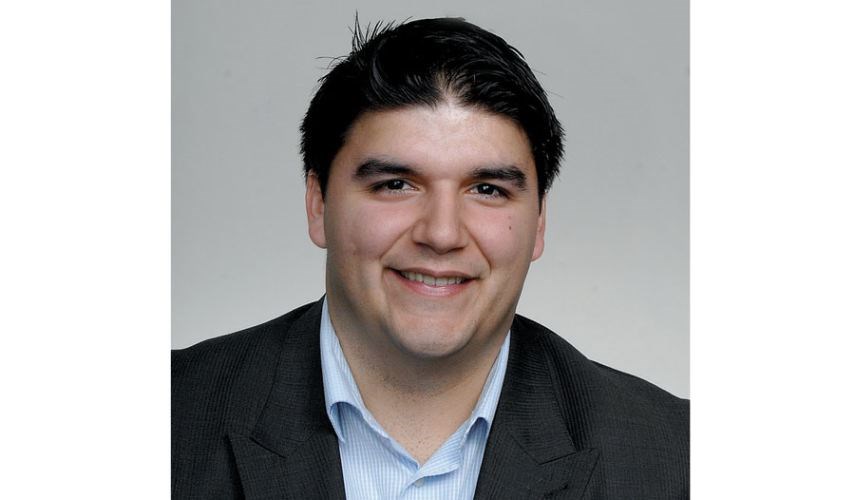I enjoyed watching the Canadian Native Fastball Championships over the August long weekend.
A weekend pass was well worth the thirty dollars it cost, the fans were passionate, and the players competed strongly in every game.
As the tournament drew to a close on Sunday, it suddenly struck me that these games had been the best attended non-political event I had ever observed within the aboriginal community.
And that fact gives me much cause for hope.
I'd be the first to admit that I am not the typical reference for observations on aboriginality in Canada. I was raised outside of my culture due to my adoption, I remain a conscientious objector to much of the horse trading that passes for advocacy in this realm, and, to be perfectly candid, I don't have much to gain or lose on any given Supreme Court decision as my people are under a numbered treaty.
Thus, some might argue, I don't have a right to an opinion about my own heritage. But if I am excused from having an opinion, so are thousands of others who more closely resemble "Canadians with status cards" than the "inconvenient Indians" that political demagogues demand we must be. Of course this is their unspoken point - that all our forward movement must come from demands made out of pain and righting past wrongs. Anything else is assimilation.
And yet that is what is so amazing about fastball and other sports that have high amounts of aboriginal participation. It would appear that when you give those of us with status cards the same tools as everyone else, we can compete and even excel at the same task. There is no racial favouritism from gloves, bats and softballs - every run and throw is completed with the same techniques and discipline as it must be everywhere else.
People are people - who knew?
And if you turn from the baseball field to the stands, during weeknights and championships, you will find families full of life and a vibrant subculture wholly to itself. Children practice throwing behind the stands or grab stray softballs, mothers chat about their partner's fly-in/out schedule or how they hope oil goes back up for more work, and everyone can't wait for the bannock to get cooking.
It's not much different from any other sport culture in our city.
As I said before, all this gives me much cause for hope. The future of aboriginality in Canada does not lie in divisive, emotional identity politics, if for no other reason than the fact that humankind is wired for joy not wrath.
At some point, those of us subject to the Indian Act who do not believe fighting about everything is the way forward will simply go play in our own sandbox - maybe even in the wider society's sandbox. In fact, this is already clearly happening.
One can only hope that our leaders, both status and non-status, realize their playbook is out of date before we begin to wander off or actively resist their plans. Life's too short to live in a perpetual state of war and high emotion - for that matter, there are bills to pay and kids to raise, something demagogues seem to forget often.
If I have any advice to those controllers who still think they're helping by perpetuating outrage and despair, it's this: "let my people go."



